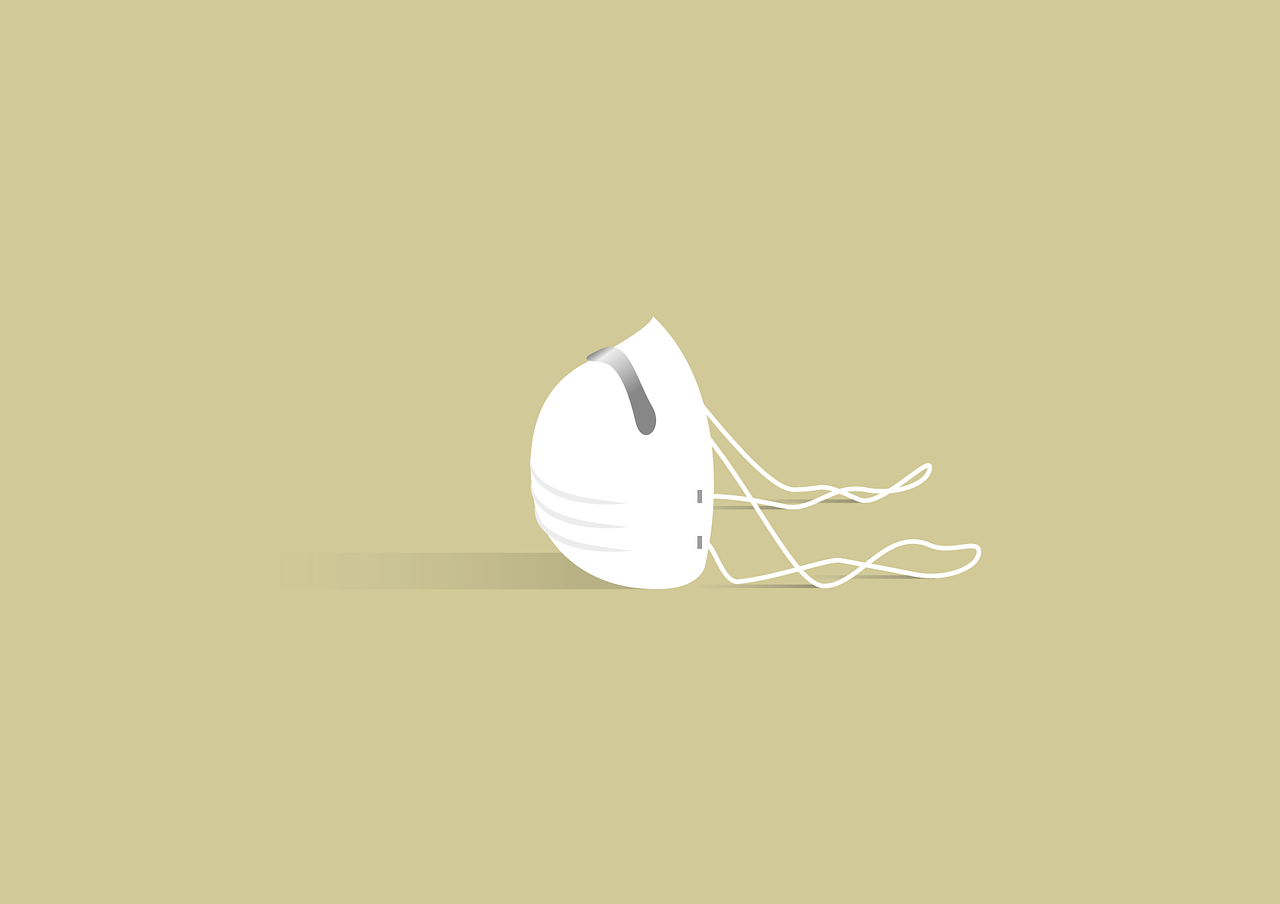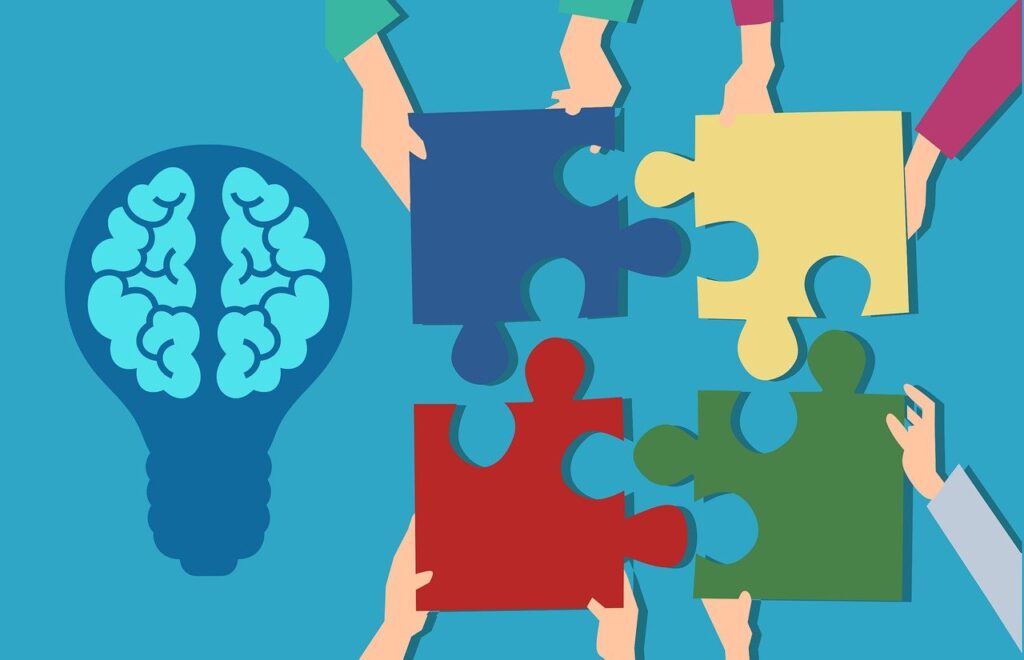
Within the past month, the coronavirus outbreak was declared a national emergency. Individual states have taken measures ranging from limited shutdowns to complete shelter in place orders, and at least 48 states have declared a state of emergency. Several Canadian provinces have taken similar measures. As a result, the AAMC has decided to suspend all exam administrations through May 21st and is allowing students to reschedule any date, whether directly affected or not, for free. More information on this process can be found here.
The future progression of this crisis and the AAMC response are, however, uncertain. Many applicants for the 2020-2021 cycle were planning on taking their MCAT during March, April or the coming months and are now facing serious disruptions to both their study schedules and application plans.
Here at Blueprint MCAT (formerly Next Step), we want to do our best to help you succeed on the MCAT, and that includes helping you adjust your plans to this evolving situation. With that in mind, here’s an update to help you plan your studies in this uncertain time.
COVID-19 Frequently Asked Questions
Can I apply without an MCAT score?
You can submit your application for transcript verification, a process that can take between 2-6 weeks, without an MCAT score. You must have selected at least one school to apply to (who may receive your materials before an MCAT score is present) in order to do so. Consider your individual situation, but it may be highly advisable to go through the transcript verification process to avoid further delays once you receive an MCAT score.
Should I still apply this cycle if my MCAT will be late?
We can’t predict the degree of leniency for lateness that individual medical schools will offer, whether the response will be uniform or individualized, or even what the best course of action for you personally is. We can however confidently say that the majority of first-time applicants are in your exact situation and facing significant hurdles to submitting a timely application, so it may not be unreasonable to expect the admissions cycle to accommodate the situation somewhat. If you believe your application is otherwise strong, it can be very advisable to still apply this year.
Will the MCAT carry less weight or be canceled for this year?
While we cannot speak on behalf of the AAMC or make any reliable predictions, it is highly unlikely that either the weighting of the MCAT in the admissions process will be changed or that it will be waived as a requirement. As an example of how some individual schools have been handling the issue, as of April 8, 2020, med schools in the University of California system have indicated that they will consider applications without the MCAT due to COVID-19-related test cancellations, but are currently expecting applicants in the 2020-2021 cycle to have taken the exam by October as a condition for admission (assuming, of course, that testing resumes by then). Their basic message to students is: apply as you are, and we’ll figure out the MCAT details later. However, it remains to be seen how other schools will handle the issue.
Study Planning Adjustments
While current circumstances have increased the time students have to prepare for the MCAT, it has caused concern among some that material may be forgotten, and with it a degree of uncertainty as to what the best method for retaining and learning material is. As a rule of thumb: Keep your prior content review schedule. The MCAT is not a “crammable” exam, in that it rarely relies solely on the recall of individual facts, and as such your content review is intended to lay the foundations of comprehension that you solidify with practice. This added time should be used primarily to solidify your comprehension with practice sets, representative full length MCAT practice exams, in-depth analysis of passages and careful review of past FLs. In addition, the importance of maintaining good mental health is increased further in the face of a greater degree of potential isolation, stress and an extended study period.
The following changes to your study schedule may help you make the most out of the added prep-time:
- – Keep your previous content review schedule, unless you want to add additional time to dive deeper on topics you typically struggle with. If your previous schedule felt too packed, feel free to extend it.
- – Schedule extra time to review any AAMC FL or Section Bank, or QBank you’ve already taken
- – Incorporate a spaced-repetition program into your schedule, such as Anki, in order to enhance your long term retention of MCAT material
- – Incorporate lots of practice into your new prep-time, including practice on topics you’re already very familiar with. Use our new QBank, section exams, End of Chapter materials and third-party materials to fill this need!
- – Make sure you’ve done every last bit of AAMC practice material before your MCAT, you certainly have enough time now.
- – Consider taking 1-3 additional Blueprint MCAT (formerly NextStep) FLs
- – Compile your own study sheets on key MCAT processes and concepts, such as electrochemistry, biochemical pathways or relevant equations.
- – Include more time off, and plan physical activities compatible with your city, county and state shelter-in-place orders
Plans to maintain your individual mental health tend to be highly personalized, but it is strongly recommended to establish a daily routine that involves some physical activity (unless a physician has advised otherwise), some socialization through video calls or within the household, and that includes maintaining your productive hobbies. Both exam preparation and quarantine are fairly taxing and isolating experiences, and your mental state can have a major effect on your test-taking performance. A large body of evidence suggests that staying active will improve your cognitive performance as well as stave off less productive mental states.
Below are some activities you can try, provided they are compatible with your local quarantine laws:
- – Weightlifting
- – Jogging, biking, or hiking
- – Yoga or Pilates
- – Functional Range Conditioning
- – Stretches
- – Exercise videos
- – Resistance training on home equipment
As time goes on, more and more medical schools are mirroring the general sentiment that you should plan to take your MCAT no matter what happens and not postpone applying this year unless you either have non-pandemic-related reasons for doing so or feel you really want to take a year to strengthen your application. Schools are extremely likely to be fully accommodating of late testers but virtually guaranteed to require taking the MCAT and performing well before acceptance. Do not, under any circumstances, take your chances on hoping the importance of the MCAT may be diminished!
That said, you are in an excellent position to capitalize on this as an opportunity, to hone your test-taking skills, to practice juggling studying and mental health in a way not entirely unlike what you may have to do in medical school, and to give the MCAT your very best shot.
Search the Blog

Free Consultation
Interested in our Online MCAT Course, One-on-One MCAT Tutoring or Med admissions packages? Set up a free consultation with one of our experienced Senior Student Advisors.
Schedule NowPopular Posts
-
MCAT Blog What's on the MCAT?
-
MCAT Blog How to Review MCAT Full Lengths

Free MCAT Practice Account
Need great MCAT practice?Get the most representative MCAT practice possible when you sign up for our free MCAT Account, which includes a half-length diagnostic exam and one of our full-length MCAT practice exams.
Learn More







